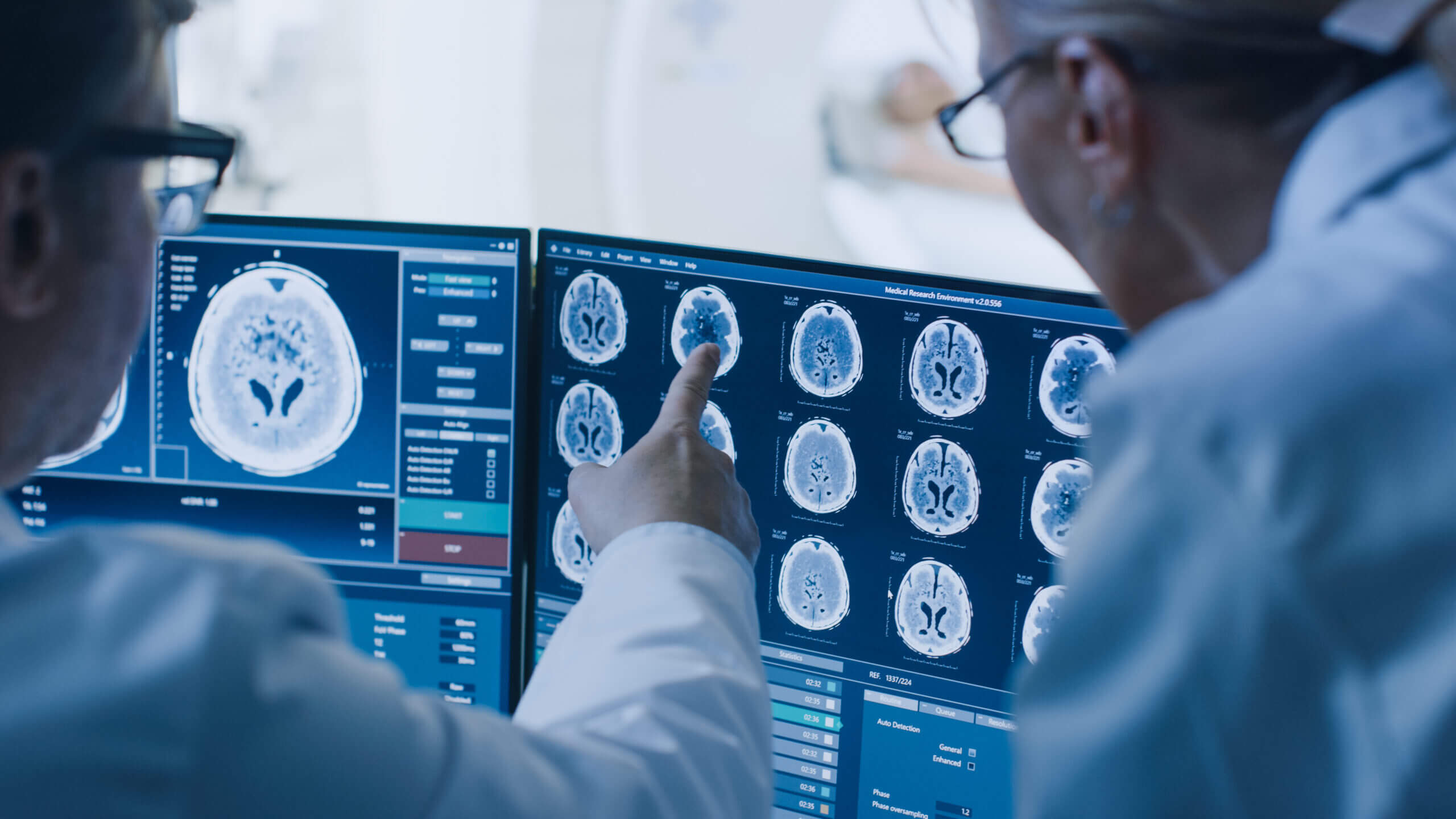Read on to learn what you need to know to help reduce your risk of dementia. While we can’t change our age or genes, we can adopt health and lifestyle habits, explore the latest treatments and participate clinical trials for dementia.
My recent experience of dementia
Before his Alzheimer’s diagnosis 12 years ago, my friend was an enthusiastic sportsman and a respected professional working for a global company. He had a big smile and a booming laugh. He was friendly, kind and generous, and we enjoyed his company. In the early stages of dementia, he began to lose his language skills and he seemed reticent to engage in conversation. As the disease progressed, he completely lost his ability to speak, seriously impacting his relationships.
A few weeks ago, his carers began the day’s usual routine proffering their morning greetings and propping him up in bed. He looked at them, smiled and then died. The suddenness stunned his carers. But he had a peaceful death at the end of a long, complex, distressing disease and he said goodbye the only way he could – with a smile.
Don’t be afraid to talk about dementia
It’s important to remember that dementia is not a normal part of ageing. Dementia isn’t a single disease, but a general term for a group of disorders caused by abnormal changes to the brain. This includes younger onset dementia with people in their 30s, 40s and 50s. Alzheimer’s disease is the most well-known, affecting 7 out of 10 people who have dementia. More people are now familiar with Lewy Body dementia since the death of celebrity Robin Williams in 2014.

We’re talking more readily about dementia than we did previously when it was referred to as a ‘silent epidemic’. This must be a relief to those who’ve been diagnosed with dementia, or those with friends and family members who’ve received a diagnosis.
After all dementia is the 2nd leading cause of death for Australians, and the leading cause of death for Australian women.
So, we definitely should be talking about it, along with the 1.6 million Australians involved with the care of a person living with dementia.

Control what’s in your control to reduce your risk
There’s an expression ‘You can choose your friends but you can’t choose your family’. We can’t change our genetics or family history either. However, research indicates these health and lifestyle habits can help reduce the risk of dementia.

- Be physically active
- Be socially active
- Practice brain training
- Manage depression
- Drink alcohol in moderation
- Stop smoking
- Eat a balanced diet
- Manage your weight
- Manage any hypertension
- Manage any diabetes
- Manage any cholesterol
- Take care of your hearing and manage any hearing loss.
Check out the benefits of a beach holiday for managing stress.
https://janinejonesmedia.com/why-paradise-is-a-state-of-mind-or-a-noosa-holiday/
Dementia's not a single disease - there’s no silver bullet
Back in the 1980’s researchers identified two proteins (beta-amyloid/plaque and tau tangles) as characteristic signs of Alzheimer’s Disease. Researchers surmised these proteins damaged brain cell function.
Nearly 40 years later researchers are still assessing how these abnormalities and toxins relate to the development of different types of dementia.
Thankfully there are treatments offered to Alzheimer’s patients which can improve their loss of memory and reasoning by enhancing the chemicals (neurotransmitters) carrying information from one brain cell to another (neurons). These temporary treatments improve the symptoms but not the underlying cause, or stop the disease progressing.
Researchers are looking to develop treatments to stop or seriously impede the progress of the Alzheimer’s disease and other forms of dementia.
How new treatments can help dementia
Considerable advances have been made though. In June 2021, Aducanumab was the first antibody therapy for the treatment of Alzheimer’s disease to be approved by America’s Food and Drug Administration (FDA). Aducanumab is the first disease modifying treatment for Alzheimer’s by removing the build-up of amyloid plaques in the brain. Although further research is required, this treatment is promising. Other clinical trials with a similar approach are underway.
KaRa MINDS Neurological Institute in Sydney was one of the sites in Australia that conducted the Aducanumab study, and continues to offer it.

A number of ongoing studies include treatments to boost our immune system to clear toxins from the brain. Others treat low-level brain cell inflammation by stimulating the immune system to protect the brain from toxins. Studies are also using vaccines to inhibit the build-up of plaques and tangles.
Research indicates future treatments may involve combining medications that target a combination of health issues.
No single test for dementia
As yet, there’s no single test for dementia to confirm a diagnosis. The first step is usually a visit to the GP as you need to exclude other medical conditions which can cause symptoms similarto dementia . Your GP will refer you to other specialists.
Working for a neurological institute taught me that early and accurate diagnosis is absolutely critical for many reasons. Early diagnosis of dementia allows people to begin treatment early in the disease process when is generally the most effective. Early diagnosis helps people better manage the disease; be involved in decision making early; and live a fulfilling and independent life for as long as possible.
Early diagnosis also gives you the option of participating in clinical trials specific to your dementia. Clinical trials can give you access to new interventions before they are widely used, as well as additional support from trained clinical staff
The benefits of clinical trials for dementia
Apart from the Aducanumab study, KaRa MINDS also offers other antibody studies to people at risk, and in the very early to moderate stage of dementia.
A/Prof Kathryn Goozee, CEO KaRa MINDS Neurological Institute confirms the value of clinical trials

‘Promising treatments are emerging and it’s important to detect dementia as early as possible, even before symptoms are present. ‘To prevent Alzheimer’s disease and protect future generations we need people, 50 + years to volunteer for clinical trials. This is particularly important if you have a family history of dementia as your risk is likely higher. ‘Clinical trials are the best way to get access to treatments years before they are available in the doctor’s clinic.’
A/Prof Goozee
KaRa MINDS at Macquarie Park, Sydney runs local, national and international clinical trials in the field of dementia, specialising in Alzheimer’s Disease. Please visit their website for more information about available clinical trials or phone them to find out what trials would be suitable for you. www.karaminds.com.au
Please let me know
Hi, Janine here. Let me know if this topic interests you. Would you like to read more blogs about living with dementia or supporting someone who has been diagnosed with dementia?
I would love to hear from you in the comments.
For more information about dementia you can visit www.dementia.org.au



